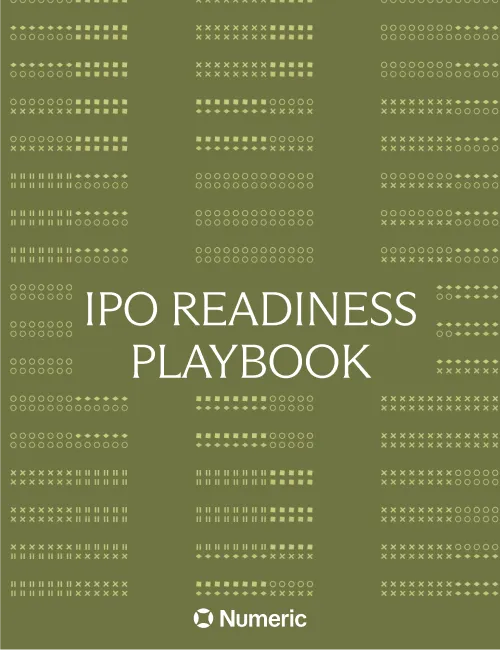General Ledger
The general ledger is the foundation of a company's accounting system, used to record all financial transactions and generate financial statements to track the company's financial performance and ensure accuracy of financial records.
Definition
The general ledger is the main accounting record of a business. It is a collection of all the accounts that a business uses to record its financial transactions. The general ledger is the foundation of a company's accounting system and is used to record all of the company's financial transactions.
Example
For example, a company's general ledger might include accounts such as cash, accounts receivable, inventory, accounts payable, and salaries payable. Each of these accounts is used to record different types of transactions. For example, cash is used to record all cash receipts and payments, accounts receivable is used to record all customer invoices, and inventory is used to record all purchases and sales of inventory.
Why it Matters
The general ledger is an important tool for businesses because it provides a comprehensive record of all financial transactions. This record is used to generate financial statements such as the balance sheet, income statement, and statement of cash flows. These financial statements provide a snapshot of the company's financial health and are used by investors, creditors, and other stakeholders to make decisions about the company.
The general ledger is also used to track the company's financial performance over time. By tracking the changes in the accounts in the general ledger, businesses can identify trends in their financial performance and make adjustments to their operations accordingly.
The general ledger is also used to ensure the accuracy of the company's financial records. By tracking all of the company's financial transactions in the general ledger, businesses can ensure that all transactions are properly recorded and accounted for. This helps to ensure that the company's financial statements are accurate and reliable.



















